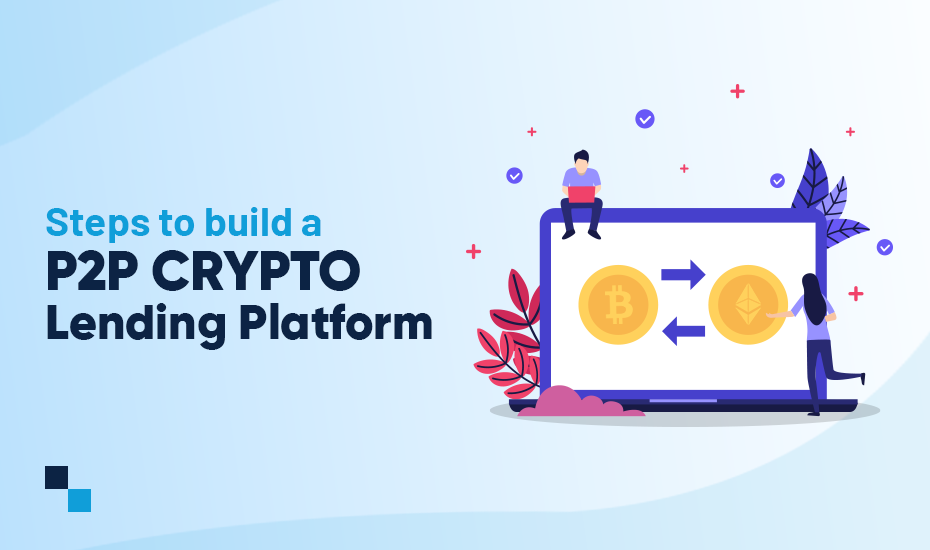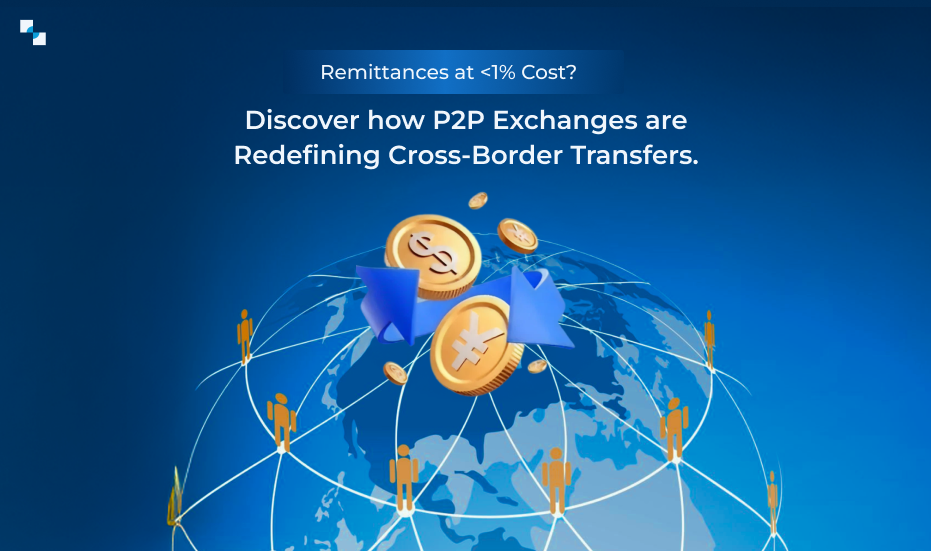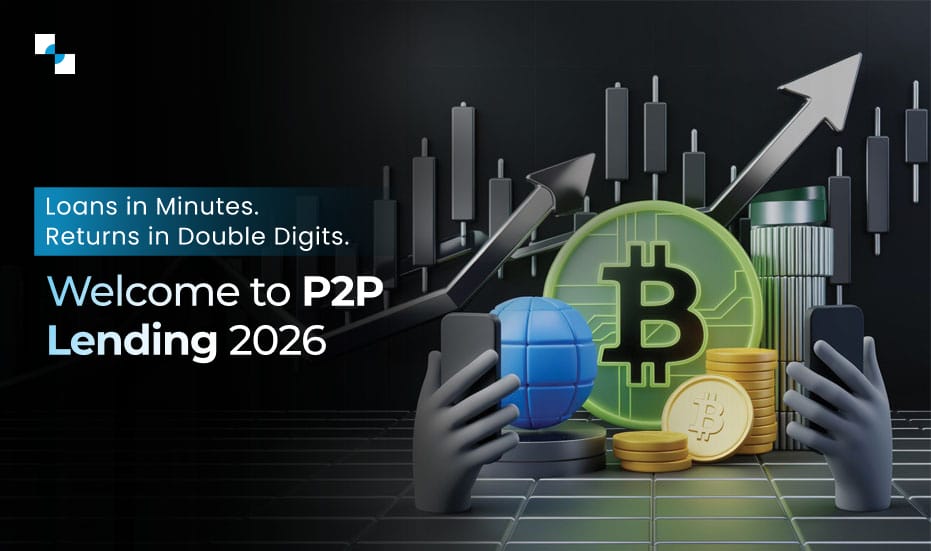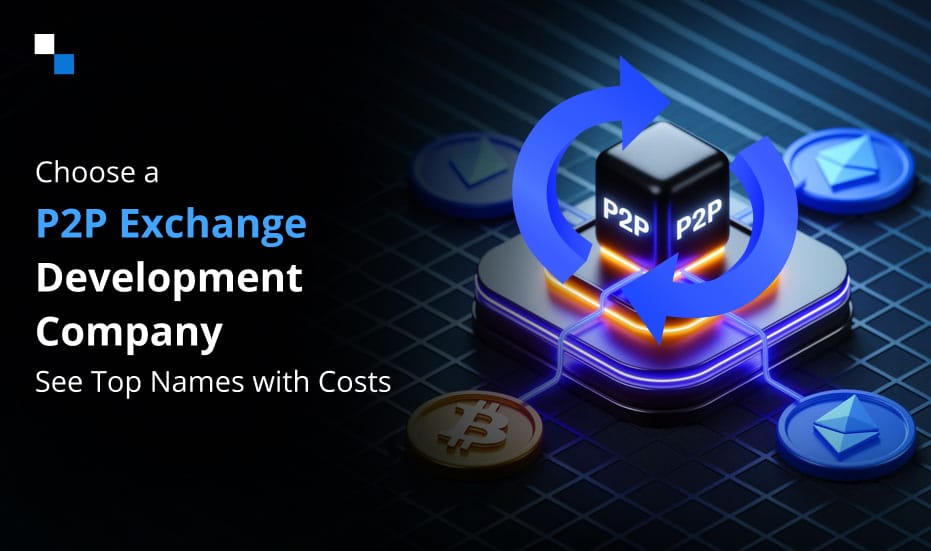The concept of P2P lending (peer-to-peer lending) is not new. When you give a loan to your friend, it is an example of a P2P financial transaction. When a cousin of yours goes to a moneylender, keeps some of his jewelry as collateral, and gets a loan equal to 50% or so of the cost of the jewelry, it is also P2P.
The most common lending process is when people go to a bank to borrow a loan. However, banks are inaccessible to many because of certain reasons – bad credit record, loss of a job, non-payment of bills, and many others.
However, P2P crypto lending is empowering the unbanked population to get a loan. P2P crypto lending involves borrowing a loan while putting crypto assets as collateral. One of the biggest advantages of borrowing on P2P crypto lending software is that it does not require any credit check. It means that even people with a bad credit score can easily get a loan.
Process of building P2P crypto lending software
To get your software built, you need to know the nitty-gritty of building such a platform:
- Have a clear idea of what you want to do
Before you set out to get the software built, you should know precisely where you want to reach. You need to have a clear vision about your business model and the features you want to integrate into the software. Module-based software will be the best deal as it will allow you to add features with ease.
- Contour the loan release policy
You need to define whether your P2P platform will allow unrestricted access to loans, meaning the borrowers won’t be asked for the purpose of taking the loans, provided they have enough collateral. The policy will also lay down which crypto assets are accepted as collateral on the platform.
- Implement KYC and AML procedures
The law in most countries requires you to do the KYC (know your customer) and AML (anti-money laundering) verification of your platform users before moving ahead. The spirit of the law is that your lending software should not become a tool in the hands of anti-social forces that begin using it for illegal transactions.
- Develop professional relationships
Most of your leads will come from your network – the people who directly know you or those who are in touch with your first line of contacts. The first group of people who approach you is from this crowd.
- Be on the top of trends
You need to familiarize yourself with the marketing philosophy of the crypto P2P market. Many marketers would keep a watch on their competitors to determine the strategy they have been following.
Summing up
Micro-financing has appeared as peer to peer crypto lending in the age of crypto. Borrowers and lenders close the deal among themselves without involving a third party. The process of building P2P cryptocurrency lending software involves an array of steps. You need to have a clear idea of your objectives, a loan release policy, and procedures to implement KYC and AML. These steps will provide you a ground for starting your operations.
At Antier Solutions, we provide white label P2P crypto lending software underpinned by market-leading features like bank-grade admin panel, multi-currency wallet, instant KYC and AML verification process, LVR calculation, auto-renewal of loan, and more. Apart from providing a white label solution, we specialize in building a custom P2P lending platform from scratch.
Schedule a free demo of our white label P2P crypto lending software or connect with our subject matter experts to share your needs for a custom lending platform built from the ground up.







